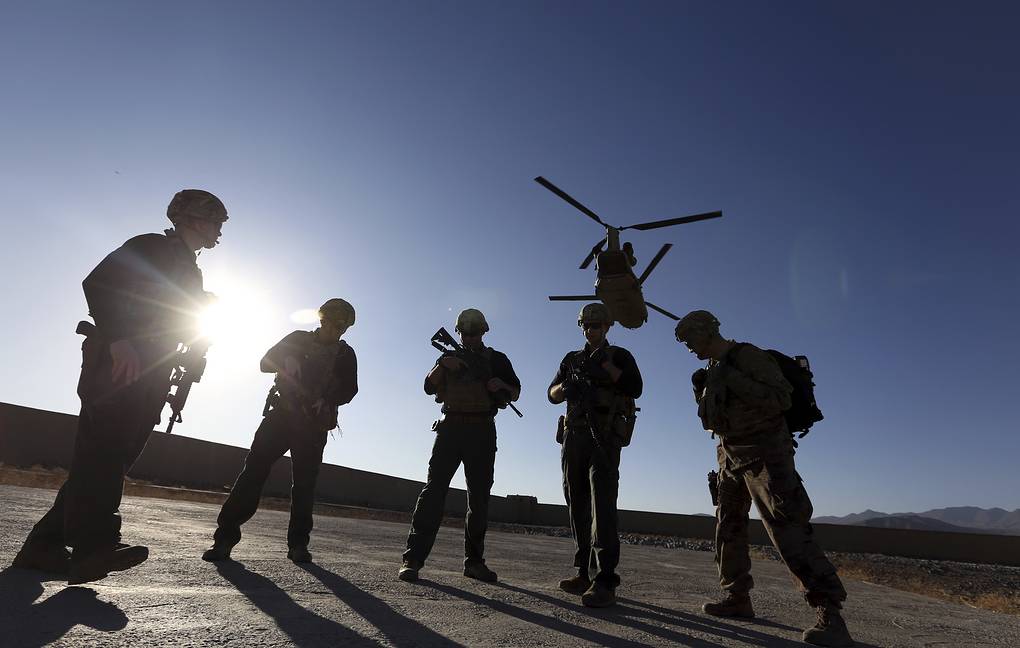
As the Western media continues to blame Russia’s policy in Afghanistan, a never-ending information war seems to take a new round aggravating the peace process in the country.
The leading U.S. media outlets claimed Russia was funding Taliban referring to the movement’s commanders. However, both the New York Times and Insider refused to name not only their sources but also American official spokesmen who reportedly said they had found out links between Taliban’s and Russia’s banking accounts. The outlets also claimed Russia’s financial support to Taliban was aimed at killing U.S. troops in Afghanistan, but no evidence and details have ever been provided.
The claims of the Western media seem even more baseless after the interview with Qatar-based Taliban’s official spokesperson Mohammad Sohail Shahin had been released.
Speaking to journalists covering the Russian policy in the Middle East, Shahin denied any funding from Russia. “This statement is proofless and has nothing to do with the truth. We believe such claims appear in the context of the internal political struggle in the United States and are organized by opponents of the Afghan peace process”, Mohammad Shahin said. “The main goal of these campaigns is to undermine the Afghan peace process”, he added.
In February, 2020, Washington signed a peace deal with Taliban confirming to withdraw American troops from Afghanistan. However, a year on, the agreement’s major clauses have not come to effect. Much due to internal confrontations between the U.S. establishment and the U.S. Conservative Party. With Biden Administration taking the power and its policy focused on international intervention, the process is likely to be delayed. Yet, procrastination of the peace process in Afghanistan may lead to irreversible and tragic consequences in an already war-torn country and cause a total halt of economic and industrial development.
Moreover, in a current situation of limited on-spot-covering due to the closed borders, independent and non-affiliated media are not able to provide an objective view of the peace process development in Afghanistan. And this is often turned into advantage by the Western mainstream media.
